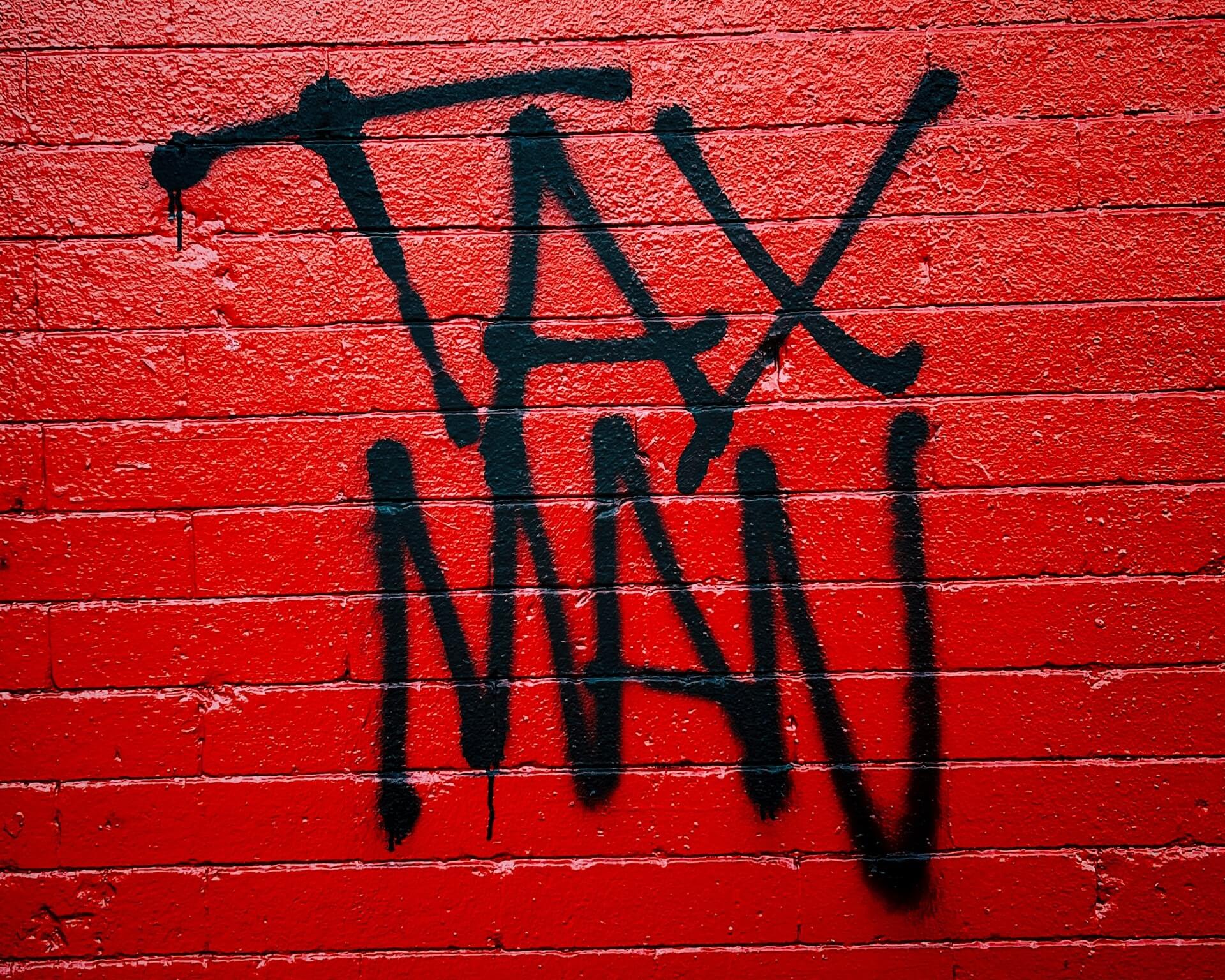Will Whiskey Bring Us Together?
by David Klemt

A letter penned by Senator Catherine Cortez Masto and signed by a bipartisan group of senators shows that we’re capable of coming together.
There’s seemingly no escape from messages that America is divided like never before. And, when inundated with that message, it’s easy to believe. Sadder, when we believe that message it’s too easy to plunge into despair.
However, 17 senators, Democrats and Republicans, are coming together in support of American whiskey.
These senators are seeking the permanent removal of tariffs on American spirits and wine by the European Union. That 25 percent tariff, first imposed in June of 2018, is in retaliation over a dispute over aluminum and steel. This was a response to the US imposing a 25 percent tariff on steel imports, and ten percent on aluminum.
Unfortunately, after a suspension in 2021, the tariffs on American whiskey will jump to 50 percent on January 1, 2024. So, Sen. Cortez Masto and a bipartisan group of senators are urging the Biden administration to work with the EU to permanently suspend or otherwise eliminate tariffs on American whiskey.
If Ambassador Katherine Tai and the White House are unable to broker a deal with the EU, the tariffs would be catastrophic for many American whiskey distillers. In turn, their whiskeys would become more costly for restaurant, bar, nightlife, and hotel operators. And, of course, for consumers.
Here’s to hope. Hope that a deal can be reached, and hope that somehow, some way, our elected officials will engage in more bipartisan efforts moving forward.
Bipartisan Support in the Senate
Below, the text of the letter that Sen. Cortez Masto (D-NV) sent to Ambassador Tai and the White House.
The following senators signed this letter in a show of bipartisan support:
- Marsha Blackburn (R-TN)
- Katie Boyd Britt (R-AL)
- Mike Braun (R-IN)
- Maria Cantwell (D-WA)
- John Cornyn (R-TX)
- Mike Crapo (R-ID)
- Bill Hagerty (R-TN)
- Tim Kaine (D-VA)
- Mitch McConnell (R-KY)
- Joe Manchin (D-WV)
- Roger Marshall (R-KS)
- Rand Paul (R-KY)
- Gary Peters (D-MI)
- Jacky Rosen (D-NV)
- Mark Warner (D-VA)
- Todd Young (R-IN)
If only restaurants and bars, venues where American whiskey is bought and sold, had received this type of support when seeking RRF replenishment.
The Letter
“Dear Ambassador Tai,
“We write today to request an expedited agreement with the European Union (EU) to secure the permanent removal of retaliatory tariffs on spirits and wines. While we applaud the Administration’s efforts to suspend retaliatory tariffs for five-years on spirits and wines in the WTO Large Civil Aircraft Dispute and the two-year pause on American Whiskeys in the steel and aluminum dispute, we are deeply concerned that a lack of a permanent fix risks the re-imposition of tariffs. As of now, a 50 percent tariff is set to hit American Whiskeys on January 1, 2024.
“Spirits have had a significant cultural impact in our country, and currently have a profound impact on the U.S. economy. In 2022 alone, U.S. distilled spirit exports reached $2.06 billion. But the impact of the retaliatory tariffs was devastating. For the American Whiskey industry, exports decreased from $702 million to $440 million, a loss of 20 percent between 2018 and 2021. In 2022, American spirits exports rebounded over 2017 pre-tariff levels – the last full year before retaliatory tariffs – due in large part to the suspension of retaliatory tariffs. For many in the hospitality industry and others such as retailers, grocers, importers and distributors, many of which are small, locally-owned businesses, the impact was severe, compounded by the onset of the Covid-19 pandemic.
“While we understand that you continue to negotiate towards a deal to settle the dispute related to steel, we believe that the targeting of spirits is extraneous. Likewise, a permanent fix is needed as the two-year pause on American Whiskey tariffs is set to snapback soon.
“Understanding that tariffs are a ‘tool in the toolbox’ in negotiating a deal, the imposition of additional tariffs on this industry would be detrimental. There are mutual benefits in finding a path forward, and our belief is that spirits and wines are a point where there can be consensus to limit the damage for all parties.
“We look forward to your support in finding a permanent fix for retaliatory tariffs on spirits and wines.”
Image: Daniel Norris on Unsplash




